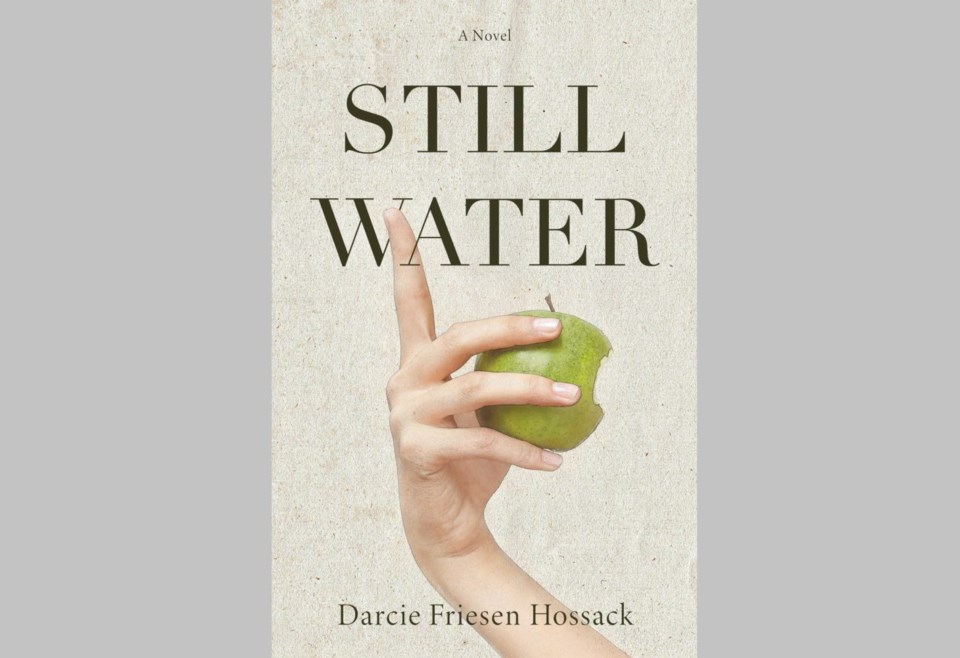It makes sense that Hinton author Darcie Friesen Hossack would mine the depths of family dynamics in the age of a pandemic for her new novel more than a decade after her first published book, the Commonwealth Writers’ Prize-nominated collection of short stories called “Mennonites Don’t Dance” came out.
“Stillwater” offers a look at an Adventist family in British Columbia as it grapples with problems that no one was really prepared to.
An authentic look at Seventh Day Adventists hasn’t really been explored in North American fiction until now, according to the author. Hossack grew up in a combined Mennonite and Adventist household, so she comes by her research honestly.
“It's something that I know very intimately. It was really important to me to take the platform of Adventists … and show what we all saw in the news and among our families particularly with religious folks who became against vaccines on religious grounds,” she said.
She explained that she started writing this work closer to the publication of her first book, well before COVID-19 ever appeared. Using the pandemic was an effective tool to demonstrate the conflicts can arise from within even the tightest knit social groups.
The story is set in the Okanagan Valley. The protagonist is Lizzy, a science-loving teen who finds herself caught in a dilemma when COVID-19 appears. Her father moves the family to a commune to escape politically mandated vaccination that contravenes the family’s religious beliefs.
Doing so puts Lizzy in emotional turmoil. Life as a teen is tough enough when one is trying to develop into adulthood, find one’s own passions and responsibilities to oneself. With her freedoms further constrained, she must come to balance love and belief in a way that works for her. Her connection to another newcomer might help her discover her individuality but circumstances progress that force her family’s issues to take precedent.
In some respects, the story is reminiscent of “Women Talking” by Miriam Toews in that it brings a spotlight onto a reclusive religious household, showing us all the spiders that lurk in the dusty corners.
The comparison pleases the author who calls Toews an inspiration to her work.
“She was the reason that I felt, ‘Oh, wait, these stories that I've experienced that I have to tell through fiction are not boring.’ My life wasn’t as boring as it felt at the time,” she said.
In other respects, it’s a celebratory tale. Hossack even includes recipes after each chapter to bring the reader into the family kitchen. These recipes will certainly not be familiar to all readers, but they do help instill the atmosphere that Lizzy must live in.
“Stillwater” was released in May, and Hossack was expecting more pushback and controversy from the SDA community. Instead, her family has given its approval, and she even received a positive review from an SDA magazine, which she found delightful.
To dive into tough subject matter that might rile those with sensitive religious affiliations shows courage on Hossack’s part. To have those same people come back with praise shows that she knows how to write with authority and sensitivity and respect. That ability is much to her credit and shows that her storytelling can transcend tricky territory with confidence.
The book can be purchased through the publisher’s website at www.tidewaterpress.ca




